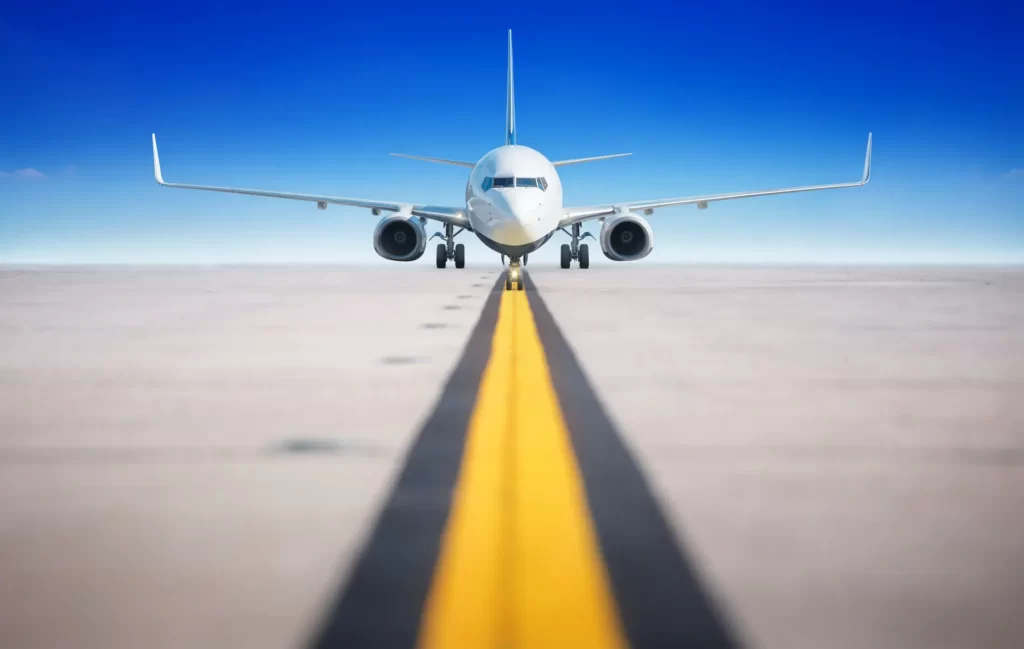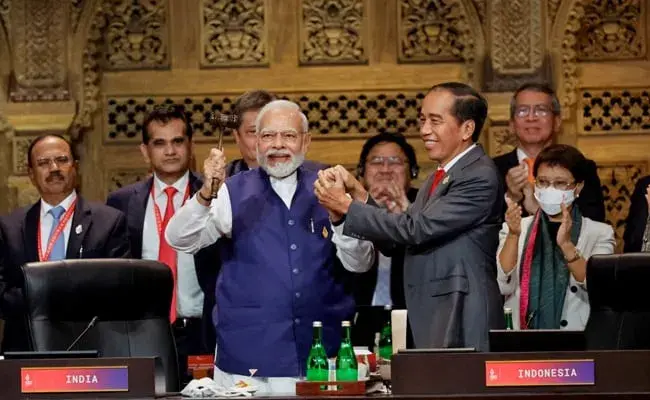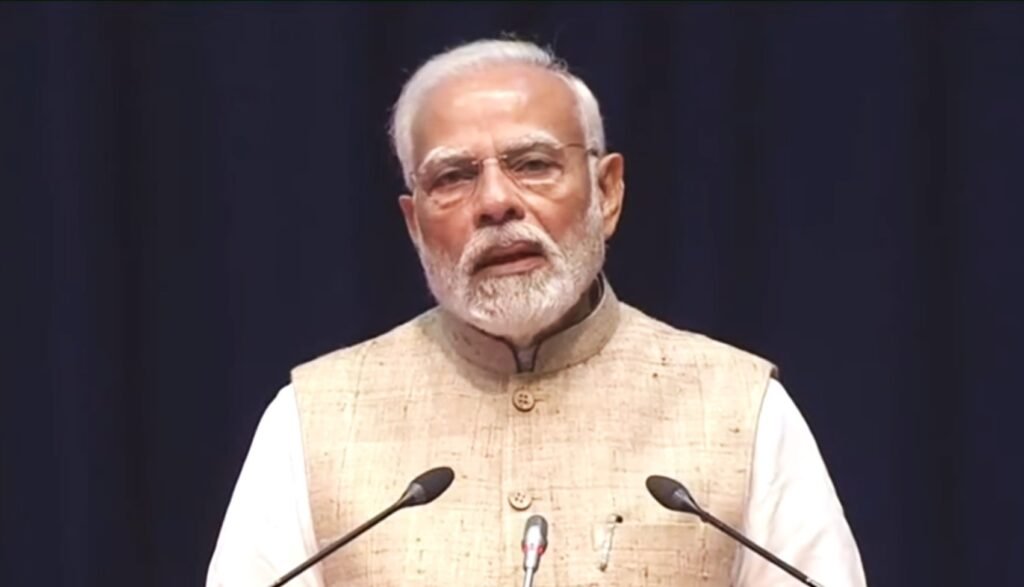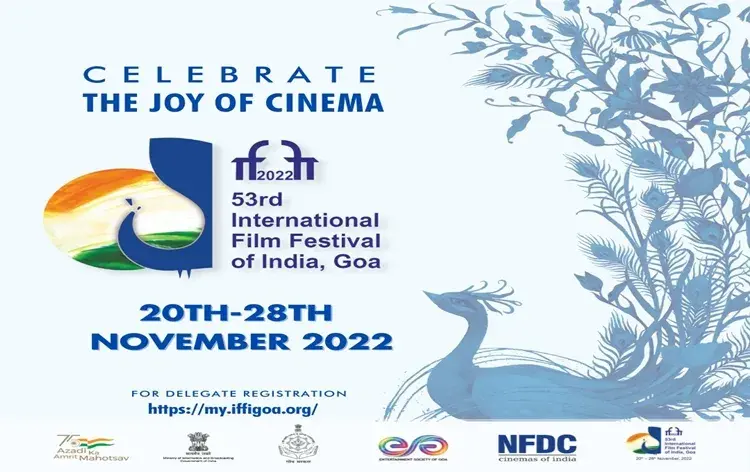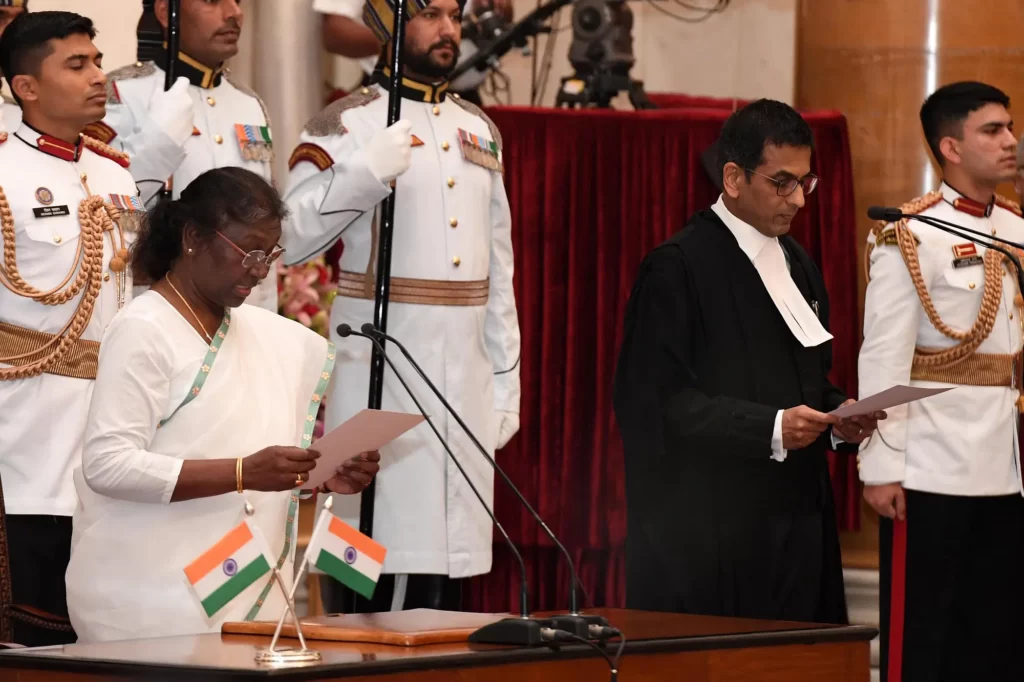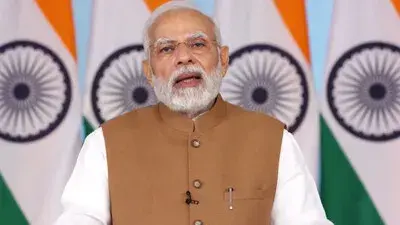Govt. plans to revive unserved and underserved airports, heliports, and water aerodromes by next year
The government aims to revive and develop 100 unserved and underserved airports, heliports, and water aerodromes by next year. This is part of a plan to operationalize 1,000 routes under the Ude Desh ka Aam Nagrik, UDAN, scheme. In response to a question in the Rajya Sabha, Civil Aviation Minister Jyotiraditya Scindia stated that the government has approved a budget of Rs 4,500 crore for the revival of existing unserved, underserved airports, airstrips of state governments, the Airports Authority of India, PSUs, and civil enclaves. He stated that the Airports Authority of India has been monitoring the status of awarded aerodromes’ revival/development. He added UDAN launched in October 2016, is applicable for a period of 10 years. The Minister added, UDAN aspires to improve the Regional Connectivity Scheme and to make air travel affordable to the masses. Mr Scindia stated that 453 routes have been launched following four rounds of bidding up until last month, with seventy airports, including two Water Aerodromes and nine Heliports, being operational. According to him, the UDAN scheme provides affordable air connectivity to Tier-2 and Tier-3 cities. He further stated that over two lakh UDAN flights had been operated, with over one crore people benefiting so far.

